
Photo courtesy: @ARTWORKSProject
Outside, quotes of justice from Rosa Parks, Martin Luther King, Jr. and Abraham Lincoln line the walls. Inside, pictures of farmers, protests and poverty fill a lengthy gallery space.
Local nonprofit ART WORKS Projects for Human Rights has worked to spread global awareness of human rights violations in its own unique way since 2006.
Occupying part of the “nonprofit incubator” at 625 N. Kingsbury St., ART WORKS displays different media including film, photography and audio essays to expose underexplored social issues such as women in the Democratic Republic of Congo, youth violence and sexual violence.
“We use art because we really believe in the power of the image to tell a story about human rights abuses, to give a voice to victims of human rights abuses [and] to those who work to protect survivors of human rights abuses,” said Heidi Diedrich, executive director of ART WORKS.
Diedrich, who took over as executive director in July after founder Leslie Thomas stepped aside, said art helps put a face to statistics. Whereas data helps to interpret how widespread a specific issue is, giving that data a story is just as important, Diedrich said.
“Numbers are important to give you the scale of human rights abuses globally—not just somewhere like Iraq or South Sudan, but they’re also happening here in our own backyard,” Diedrich said. “We feel very strongly that without putting a humanity in the story and showing the human being behind such abuses, it’s more difficult to make a personal connection.”
ART WORKS focuses on less-known issues; as such, huge global issues that get a lot of air time such as conflict in Syria do not receive as much attention from the nonprofit. It has done one Syria-centric exhibit called “The Children of Syria,” which follows displaced refugee children. “The Children of Syria” has since traveled as far as Washington, D.C. Local photographer Amanda Rivkin said that by ignoring most of the media cycle, ART WORKS projects help people realize other valid issues throughout the world.
Rivkin was commissioned to produce “Sustenance: Chicago and the Food Chain,” a 2014-2015 series on food accessibility in Chicago that showcased food processing plants and poverty-stricken families in the city. She said she found ART WORKS to be a more genuine art-as-social-justice gallery than most others.
“The vanity factor that surrounds most galleries is nearly fully absent [at ART WORKS],” Rivkin said. “It’s about the work, the ideas.”
ART WORKS, while locally based, has a reach that spreads far beyond Chicago. Past exhibitions, including Rivkin’s, have travelled the globe. The gallery’s current project, “Transitions,” which closes Dec. 15, features work from Colombian, American, Bosnian and Congolese photographers to illustrate life in a country transitioning to peacetime after a war.
Sourcing work from locals helps the gallery’s projects portray issues more realistically, said Elaine Rojas-Castillo, an intern at ART WORKS and graduate journalism student at Columbia College Chicago.
“If you look at … earlier reporting—50, 60 years ago—sending the white man in gives you a different approach,” Rojas-Castillo said. “You might not get to go into a place, or you stick out, or people might pose. There’s this wall that can go up, and ART WORKS is aware of that wall, and they try their best to circumvent it.”
This local curation method extends to Chicago as well; ART WORKS hosts the Workshop to Change the World, an annual event where Chicago students can get together with local artists and discuss troubling affairs in their own neighborhoods. The Workshop to Change the World has run for six years and hosted over 600 students, Diedrich said.
Between the hyperlocal and worldwide angles, ART WORKS aims for global advocacy, and has more projects lined up for 2017, Diedrich said.
“All of this work rolls up into we’re trying [to inspire]: to hold governments accountable for their actions,” Diedrich said.

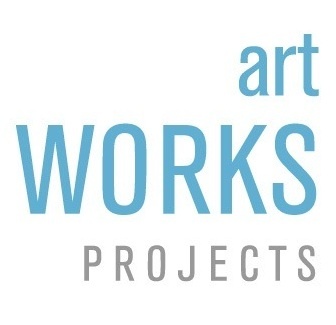
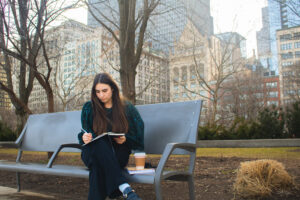
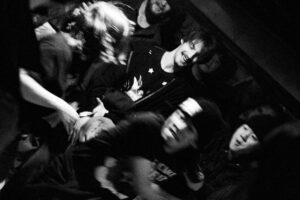
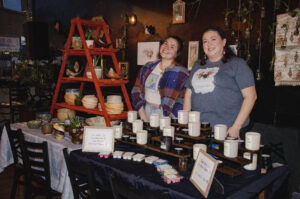
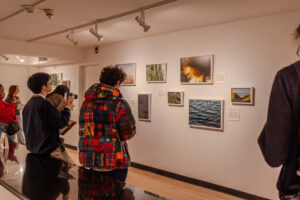
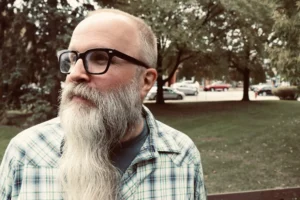








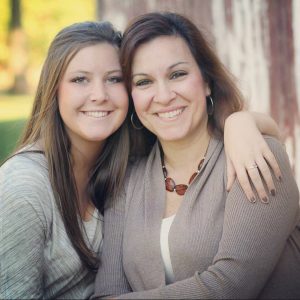
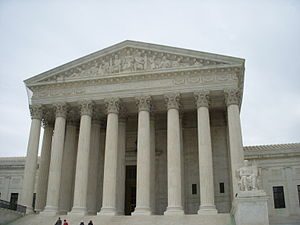
Be First to Comment